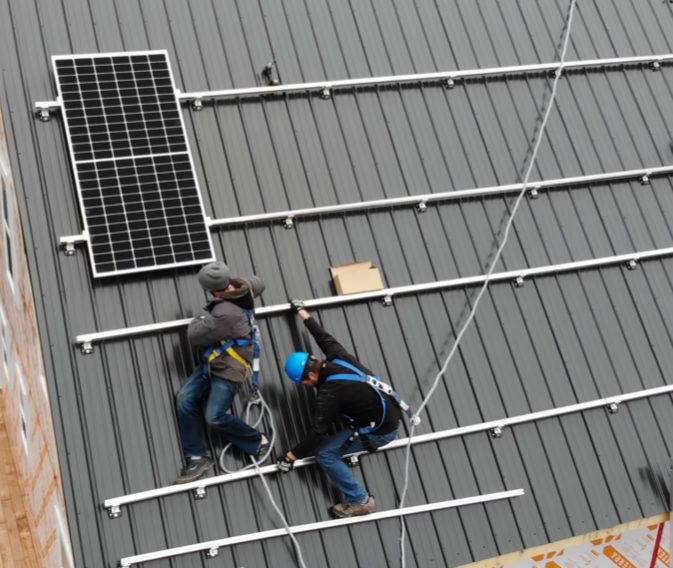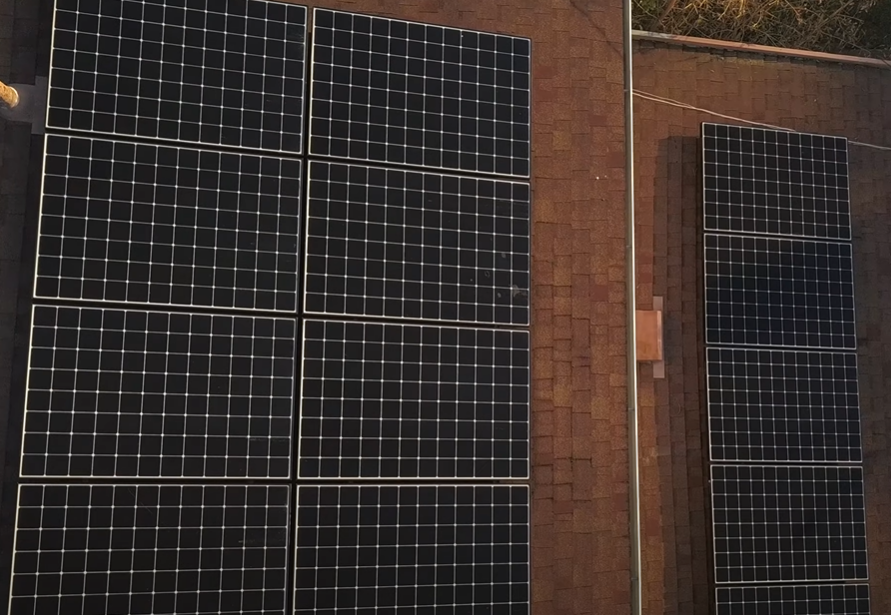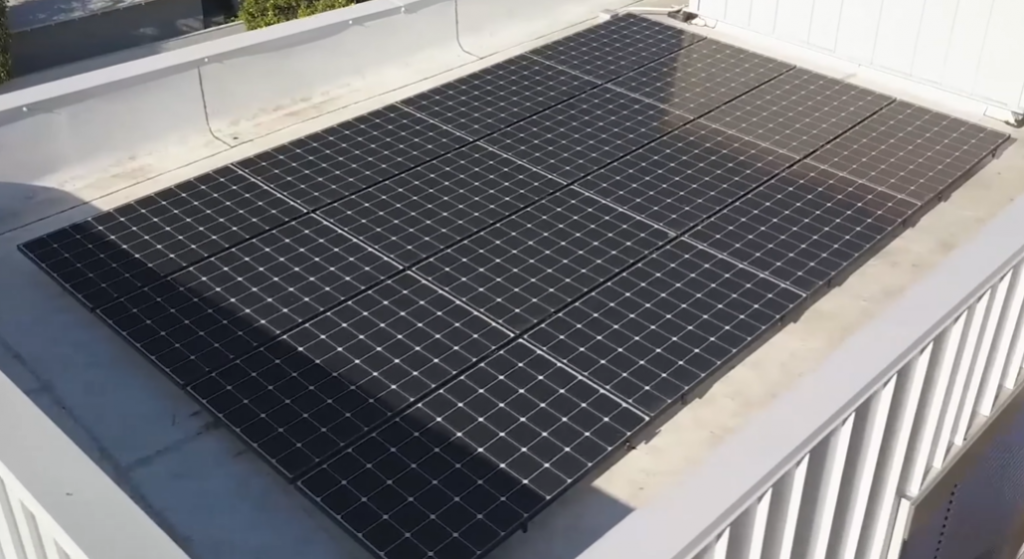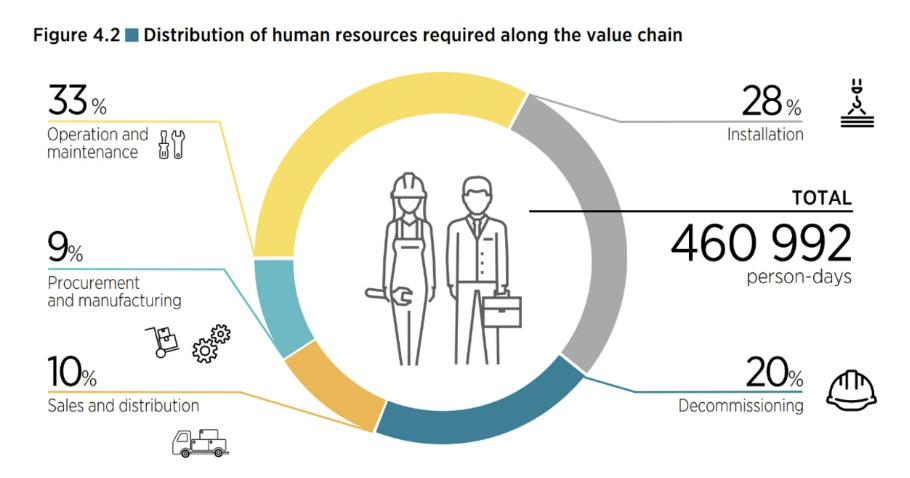24 Aug. 23
The Economic Impact of Switching to a Solar Hot Water System: Insights from a Sydney-based Plumber
In the global race towards renewable energy, Solar Hot Water Systems (SHWS) have emerged as a popular choice for many homeowners in Australia, particularly in sunny Sydney. While the environmental benefits of SHWS are well-known, understanding the economic implications of this switch is equally important. As a seasoned solar hot water plumber, I will provide you with a comprehensive analysis of the potential economic impact of switching to a SHWS.
Upfront Costs: The Initial Investment
Undeniably, the initial investment of a Solar Hot Water System (SHWS) is higher than a traditional gas or electric water heater. According to a 2022 report by Solar Choice, the average cost of a SHWS ranges from $3000 to $7000, depending on the type and capacity of the system. However, this initial cost should be considered an investment, the returns of which will be evident in the long term. Moreover, the financial burden can be offset by available Solar Hot Water Rebates, incentivizing homeowners to make eco-conscious choices while enjoying substantial savings over time.
Operational Costs: Where Savings Start
The real economic advantage of a SHWS starts to manifest itself when you look at the operational costs. A study from the University of Melbourne estimated that a solar hot water system could save an average Sydney household up to $500 a year on electricity bills.

Government Rebates: Helping Offset the Costs
The Australian government offers incentives and rebates for households that install SHWS, under the Small-scale Renewable Energy Scheme. For an average-sized system, homeowners can expect around $700 to $1000 in Small-scale Technology Certificates, which can be traded for cash or used as a discount on the system price.
Increased Property Value
Several studies have shown that homes with solar installations command a premium when sold. A 2019 report from Zillow, a real estate database company, found that homes with solar energy systems sold for 4.1% more on average than comparable homes without solar power.
Resilience to Rising Energy Costs
With energy prices continuing to climb, a SHWS can provide a hedge against future energy price volatility. Once your system is installed, the sunlight it uses is free, ensuring your hot water costs remain constant.
Indirect Economic Impacts
Switching to a SHWS also has indirect economic benefits. The increasing demand for SHWS fosters job creation in the renewable energy sector. Furthermore, by reducing reliance on fossil fuels, it can potentially reduce the economic costs associated with pollution and health issues.
Learn more about Why Every Sydney Home Should Have a Solar Hot Water System
Maintenance and Repair Costs
While the operational costs of a solar hot water system are lower, they do require maintenance and occasional repairs. The typical maintenance costs, including replacing the sacrificial anode rod and servicing moving parts like pumps and valves, can range from $100 to $200 annually, according to Energy Matters Australia. Regular maintenance can help avoid more significant repair costs and ensure your system operates at its peak efficiency.

Lifespan and Replacement Costs
A well-maintained solar hot water system can last up to 20 years, outlasting traditional water heaters that usually last 10-15 years. Therefore, even though the replacement cost might be higher, it is spread over a longer period, which means less frequent disruption and expense.
Depreciation and Insurance
While solar hot water systems do add value to your home, they also depreciate over time. Additionally, having a solar system could potentially increase home insurance premiums slightly. It’s advisable to speak with an insurance provider to understand the potential impact on your insurance costs.

Financing Options
There are several financing options available for solar hot water systems that can ease the initial cost burden. These include green loans, power purchase agreements, and leases. Each has its pros and cons, so it’s essential to do your research and choose the best fit for your financial situation.
Energy Independence
While it’s hard to put a price on energy independence, it’s an important economic consideration. Having a solar hot water system reduces your dependence on grid electricity and protects you from potential energy shortages and blackouts.
Switching to a Solar Hot Water System represents not only a shift towards environmental responsibility but also a sound financial decision. While the upfront cost may be higher, the long-term economic benefits are significant, including lower operating costs, government incentives, increased property value, and resilience against rising energy prices. As a solar hot water plumber in Sydney, I’ve observed these benefits directly, making me a firm believer that a SHWS is an investment that pays for itself over time.



